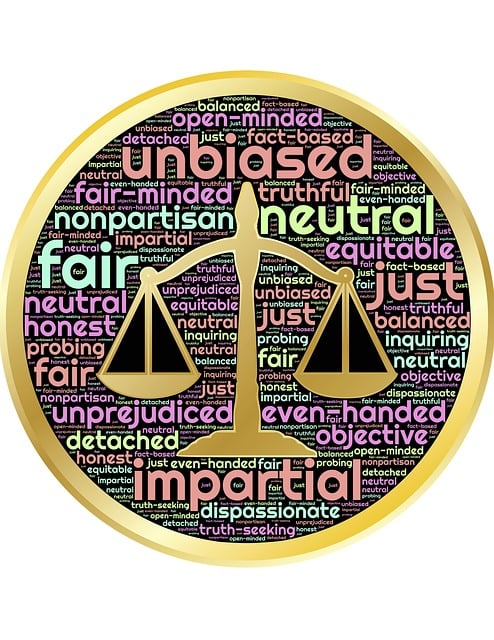Probate administration is a legally supervised process for settling a deceased person's estate, involving asset identification, valuation, debt/tax payment, and property distribution according to the will or state intestacy laws. This collaborative effort requires executors, beneficiaries, creditors, attorneys, and accountants to navigate complex regulations, ensuring transparency, fairness, and adherence to legal requirements during emotionally challenging times for families. Key duties include paying debts, distributing assets, maintaining records, and acting in the best interests of all beneficiaries.
Understanding the intricacies of probate administration is crucial for anyone navigating the legalities of estate distribution. This comprehensive guide breaks down the key components, from defining probate administration and its process to exploring the responsibilities of executors/administrators and the role of the probate court.
We delve into tax implications, asset distribution rules, and essential considerations for a smooth transition, empowering you with knowledge to confidently manage probate obligations.
- What is Probate Administration?
- – Definition and Overview
- – Process and Key Players
- Legal Obligations of Executors/Administrators
What is Probate Administration?

Probate administration refers to the legal process of managing and settling a deceased person’s estate. It involves several key obligations, including identifying and valuing assets, paying debts and taxes, and distributing the remaining property according to the terms of the will or state law. This meticulous process ensures that the wishes of the decedent are carried out while adhering to legal requirements.
Efficient probate administration is crucial for maintaining order among beneficiaries and ensuring a smooth transition of assets. It involves overseeing various aspects such as gathering important documents, managing financial affairs, and coordinating with interested parties. By diligently navigating the complexities of probate, administrators can help facilitate a just and timely resolution, allowing families to move forward during an emotionally challenging time.
– Definition and Overview

Probate is a legal process that ensures the proper distribution of a deceased person’s assets according to their will or, if there is none, the laws of intestacy. It involves the court supervision of the administration of an estate, including gathering and valuing assets, paying debts and taxes, and distributing the remaining property to beneficiaries. The probate administration process can be complex, involving various legal procedures, documentation, and deadlines that must be strictly adhered to by executors or personal representatives appointed by the court. This ensures fairness, transparency, and compliance with legal requirements in the settlement of an estate.
– Process and Key Players

The process of probate administration involves several key players working together to ensure the valid distribution of a deceased person’s estate. It begins with the appointment of an executor, often named in the will, who serves as the primary point of contact and is responsible for managing the affairs of the decedent. This includes collecting and appraising assets, paying off debts and taxes, and distributing the remaining property according to the instructions outlined in the will. A judge also plays a crucial role, overseeing the entire process to ensure it complies with legal requirements.
Other important participants include beneficiaries, who are the individuals or entities entitled to receive portions of the estate, and creditors, who may have claims against the decedent’s assets. Legal professionals such as attorneys and accountants are frequently involved to provide guidance and expertise in navigating complex probate laws. This intricate web of relationships ensures that the probate administration is conducted smoothly, transparently, and in accordance with the law.
Legal Obligations of Executors/Administrators

Executors or administrators are legally bound to fulfill specific obligations during probate administration. Their responsibilities include ensuring that all debts and taxes owed by the deceased are paid, as well as locating and distributing assets according to the will or the rules of intestacy. They must also maintain accurate records throughout the process, which may involve dealing with various legal documents, financial statements, and tax forms.
These professionals are required to act in the best interests of all beneficiaries named in the will or determined by law. This involves making sound decisions regarding the preservation and distribution of assets while adhering to legal guidelines. They must navigate complex regulations and court procedures to ensure a smooth and lawful probate process, ultimately facilitating the transfer of assets to the appropriate heirs or beneficiaries.






